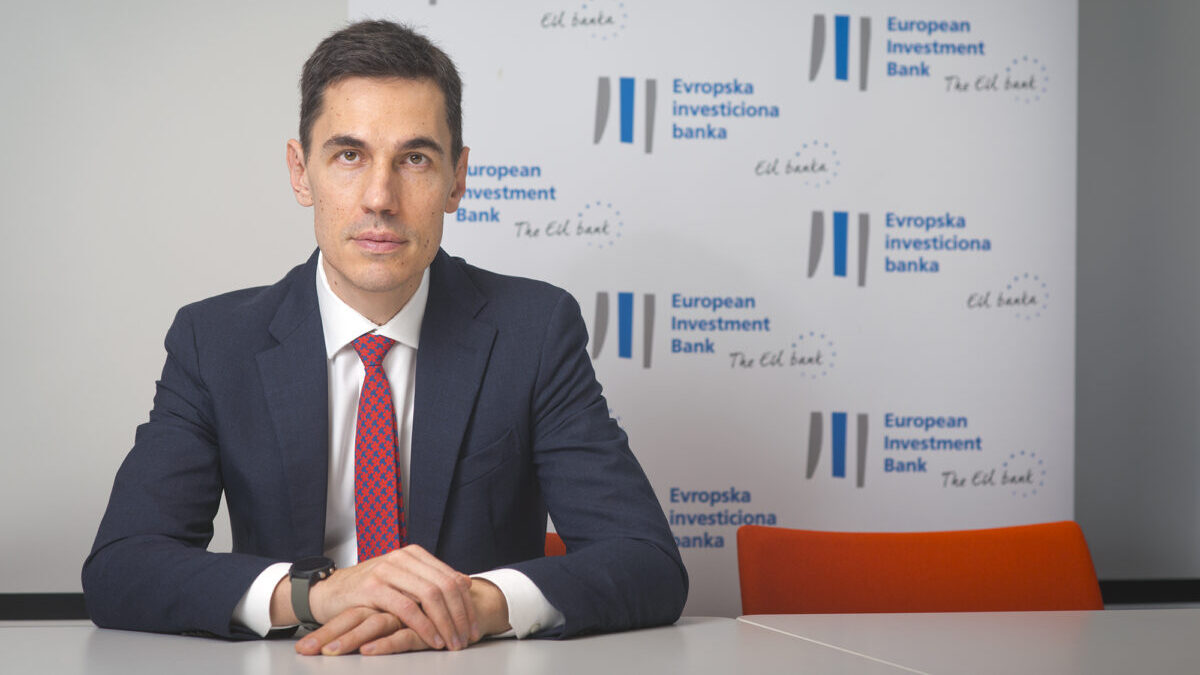
With the markets and the economy seeing continued effects from the COVID-19 pandemic, many investors are turning their attention toward 2022. Which trends and concerns could shape the investment landscape in 2022?
According to the latest EIB-EBRD-WB Enterprise Survey, practices in the informal sector, workforce education and political instability are among the biggest obstacles faced by enterprises. To reap the full benefits from the recovery, digitalisation and decarbonisation are certainly two key factors that will determine the speed of growth and unleash the potential of the private sector. The EIB is supporting the introduction of the 5G network in Serbia, as well as the upgrade of existing 4G infrastructure, which will enable the digital transformation of all sectors.
The green transition and a shift to more sustainable and efficient energy resources are going to be instrumental for future growth. Companies will also have to search for new business models to address climate change mitigation and adaptation. As the EU climate bank, the EIB has scaled up its financial and technical support to help the WB advance with the Green Agenda and reduce environmental pollution. Implementation of all these kinds of projects will be further supported thanks to the establishment of a new dedicated branch — EIB Global, which will help bring more financing and hands-on expertise at a country-specific level.
How would you rate the overall impact of the crisis on the Serbian economy and which direction should we take to overcome consequences and continue with the growth?
Serbia weathered the pandemic rather well, with output contracting by a modest 0.9% in 2020, and the economy recovered by about 7.5% in 2021. The EIB Enterprise Survey shows that only about a fifth of firms in Serbia closed down temporarily due to the pandemic, much lower than the WB average of 38%. However, risks to the growth outlook are substantial even if the vaccination rate in Serbia is above the average across the region. Acceleration with the key reforms under the EU accession process, especially in the area of investment management practices, would help create a better investment climate and generate new job opportunities.
A number of structural weaknesses need to be addressed, including by placing greater emphasis on sustainable and inclusive infrastructure. These kinds of projects will be part of the new EIB Global’s strategy for the region, aiming to accelerate the preparation and implementation of investments in the areas of digitalisation, renewable energy resources and vital infrastructure that will ensure socially and environmentally balanced growth.